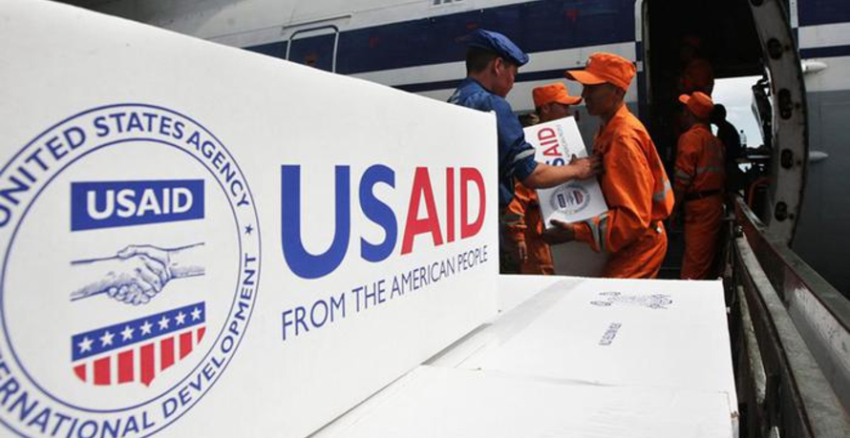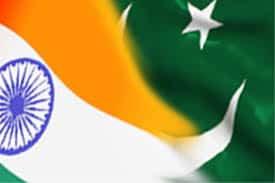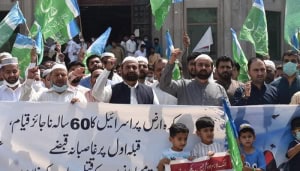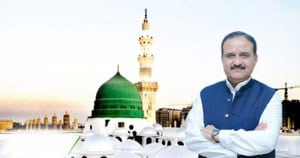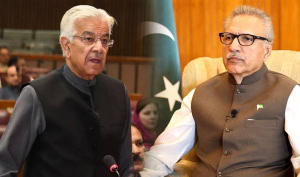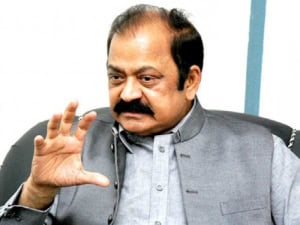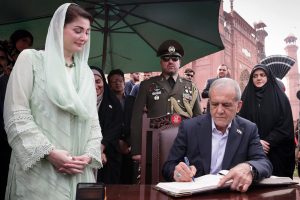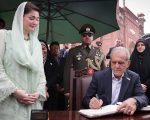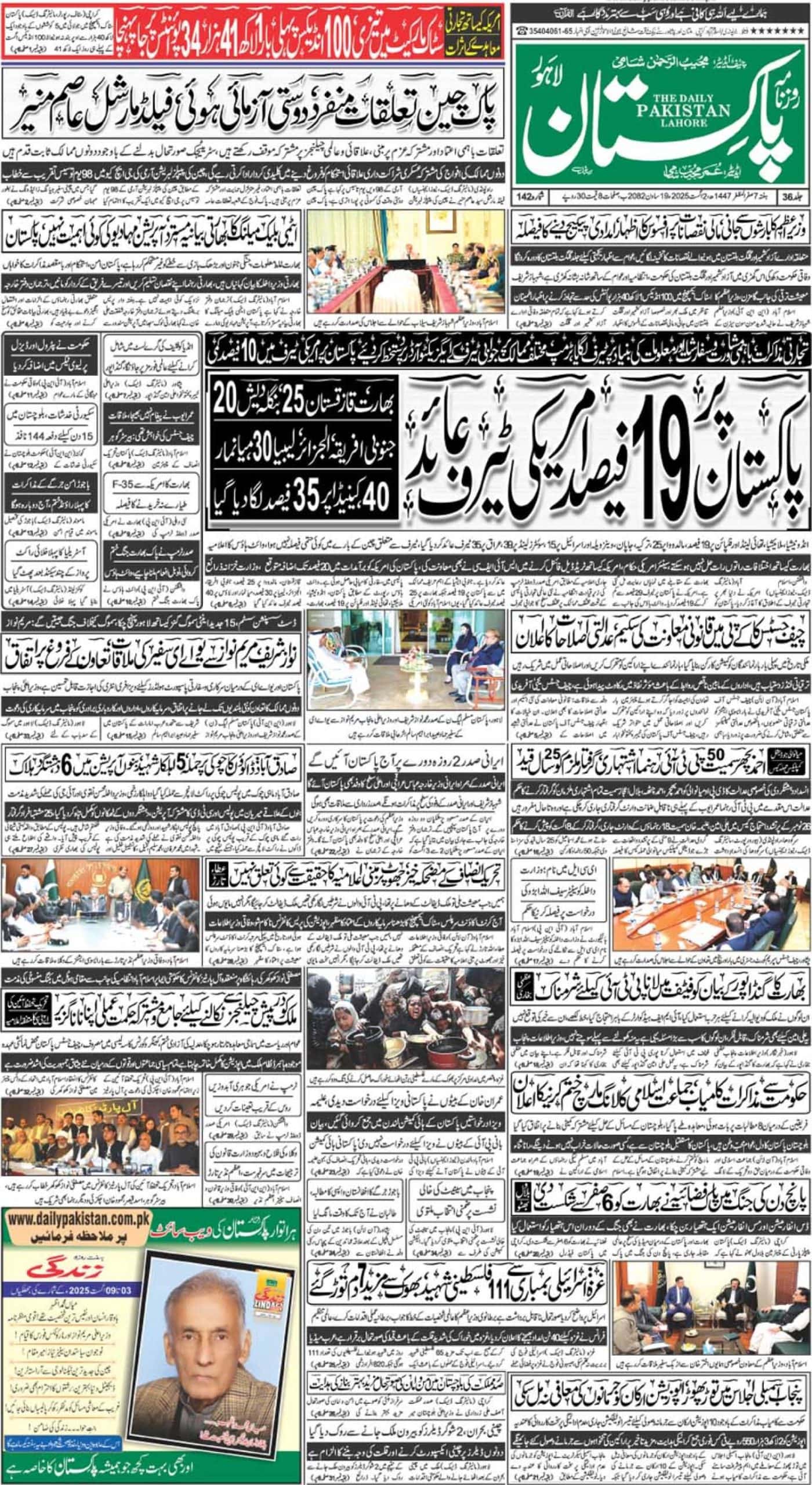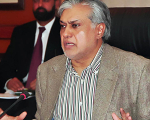ISLAMABAD – A petition seeking ban on the activities of the United States Agency for International Development (USAID) in the country has been moved in Islamabad High Court, it emerged on Wednesday.
The petitioner in his application argues that the global agency should be banned as it was “interfering in the country’s internal affairs” by collecting data and information ostensibly for facilitating people to get national identity cards and become registered voters.
The Federation, through secretaries of the Interior, Foreign Affairs, Defence and Law and Justice, and the chief election commissioner have been made respondents in the case.
The petition filed by Muhammad Bilal Advocate requests the court to formulate a commission headed by a sitting or retired judge of the superior court to investigate the activities of USAID in Pakistan and ensure the availability of complete information of American citizens working in the country.
USAID’s Citizen Voice Project
Although the petitioner has sought a complete ban on the agency famous worldwide for relief activities, he also pinpointed a specific project ‘Citizen Voice Project’ launched in 2011 to bridge the gap between the government and the citizens in Pakistan through some local NGOs. The activities under the project apparently started in areas of energy, water and citizens oversight of municipal services.
But according to Bilal, USAID has now entered into ‘sensitive areas’ facilitating people, especially women, in acquiring CNICs and getting registered as voters, in pursuance of the vested national interests of USA in this country and the region.
‘The concepts and scope of the humanitarian assistance, charity, human rights and democracy are not absolute and never allow any state to intervene into the internal affairs of other states or violate the fundamental rights of citizens,” he argues.
The petitioner unleashed a tirade of allegations and linked it up in a chain, that the ‘hidden’ objectives of the USAID through such activities are to collect data and information, penetrate into social structure, sway the political process, sabotage development projects, cause destabilisation and create security problems for Pakistan under the pretext of humanitarian assistance, human rights and democracy.
USAID Influencing Foreign Policy
The petitioner argues that in the guise of a philanthropist organisation, the motives of USAID were much bigger such as influencing the foreign policy of Pakistan.
“The USAID also intends to create hurdles in the way to pursue an independent foreign policy towards neighbouring countries and the Muslim world as well as to damage our international standing,” he contends.
He goes further and claims that the role played by the USAID in the past was controversial because the ‘agency was behind many anti-state activities which resulted in undermining the sovereignty and security of Pakistan’.
Anti-Constitutional role by the Agency
The petitioner states that the activities of USAID are in violation to the provisions of Articles 5, 9, 14, 15, 20, 35 and 40 of the Constitution adding that the fundamental rights of citizens guaranteed by the constitution can only be enforced in a peaceful, secure and stable national environment.
He maintains that the respondents “misused their powers in granting permission to the USAID for carrying out activities prejudicial to the state and fundamental rights of the citizens as the executive action has no legal basis.”
The claimant has petitioned the court to instruct the Ministry of Interior to ban the activities of the USAID, including the Citizen Voice Project, declaring them illegal.
He also seeks the court to direct the respondents to produce documents or agreement with regard to the domain of the USAID activities and areas of operation for information of the general public.
The case is fixed for hearing before Justice Aamer Farooq on July 6 (today).
USAID – An Overview
USAID is the lead U.S. Government agency that works to eliminate extreme global poverty and enable resilient, democratic societies to realize their potential.
In a broader aspect it functions in over 100 countries across the globe to promote broadly shared economic prosperity, strengthen democracy and good governance, protect human rights, Improve global health, advance food security and agriculture, improve environmental sustainability, further education, help societies prevent and recover from conflicts and provide humanitarian assistance in the wake of natural and man-made disasters.
The agency is functioning across the length and breadth of Pakistan. USAID’s programs in Pakistan focus on five key areas: energy, economic growth, resilience, education, and health.
Over the past decade, the United States, through USAID, has given Pakistan nearly $7.7 billion of funding.
